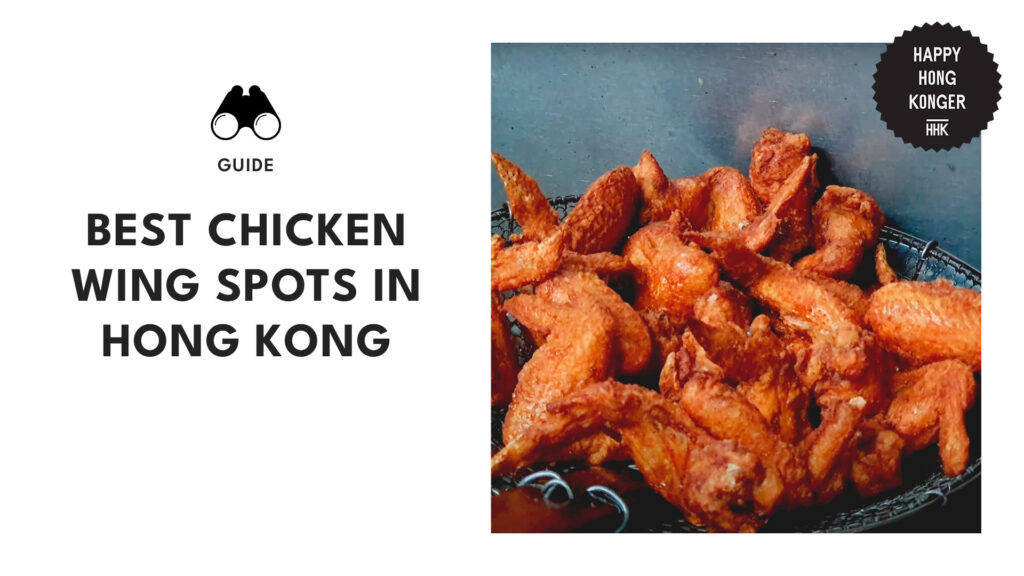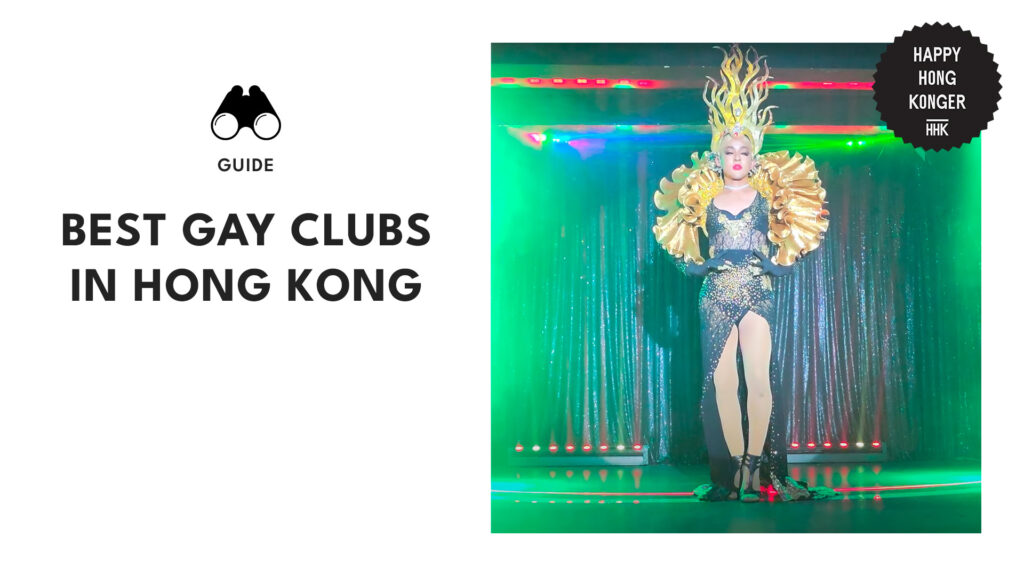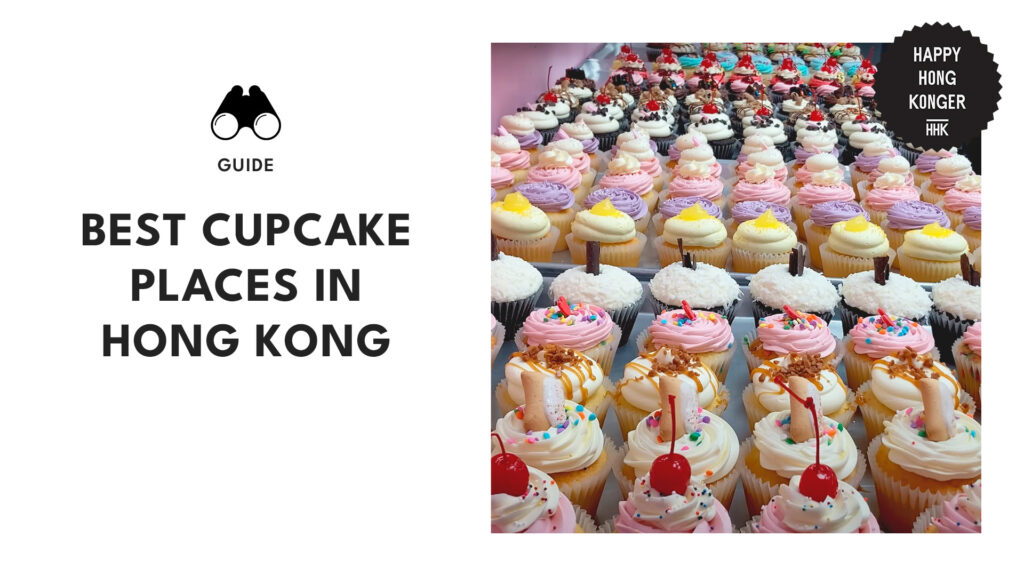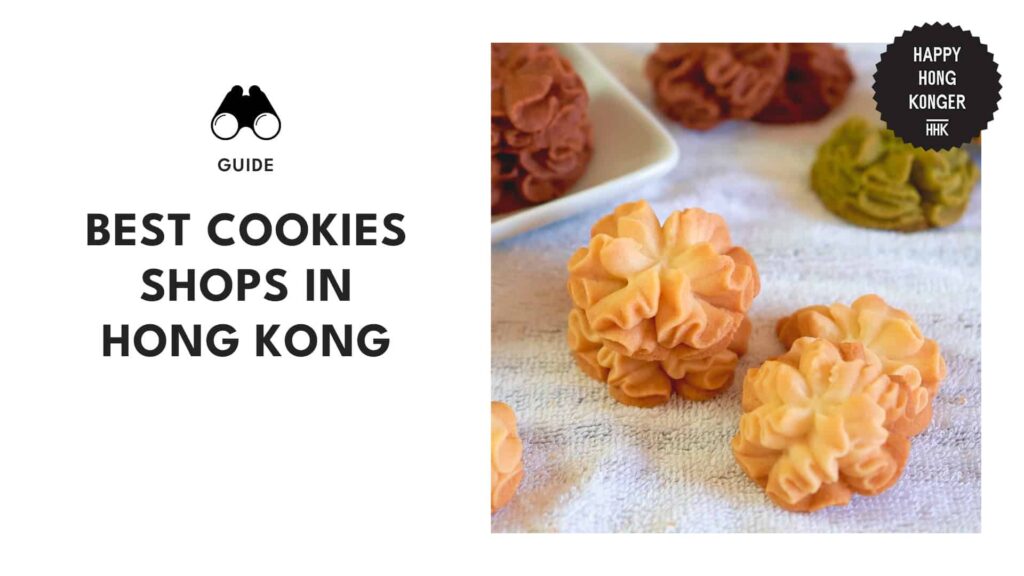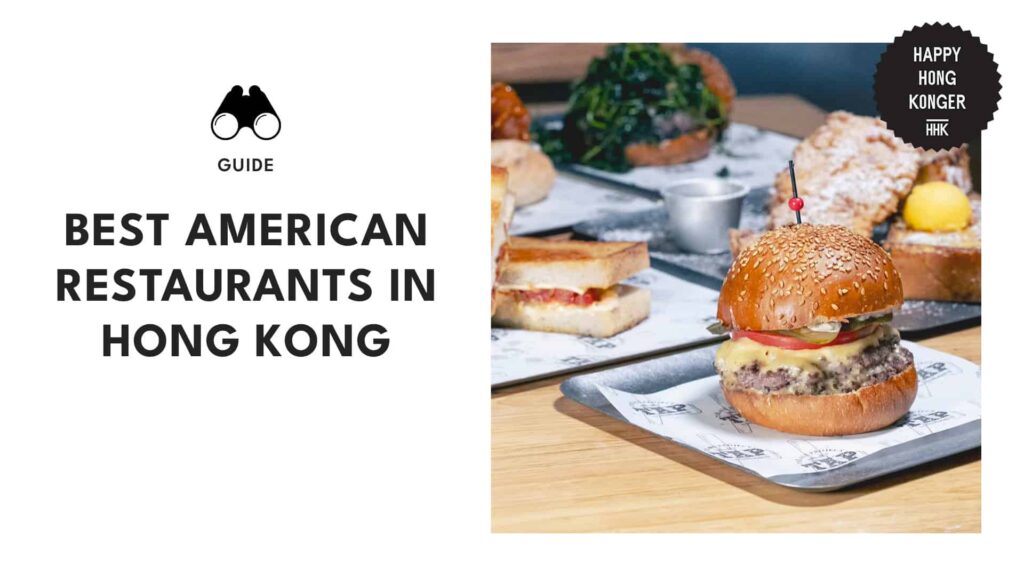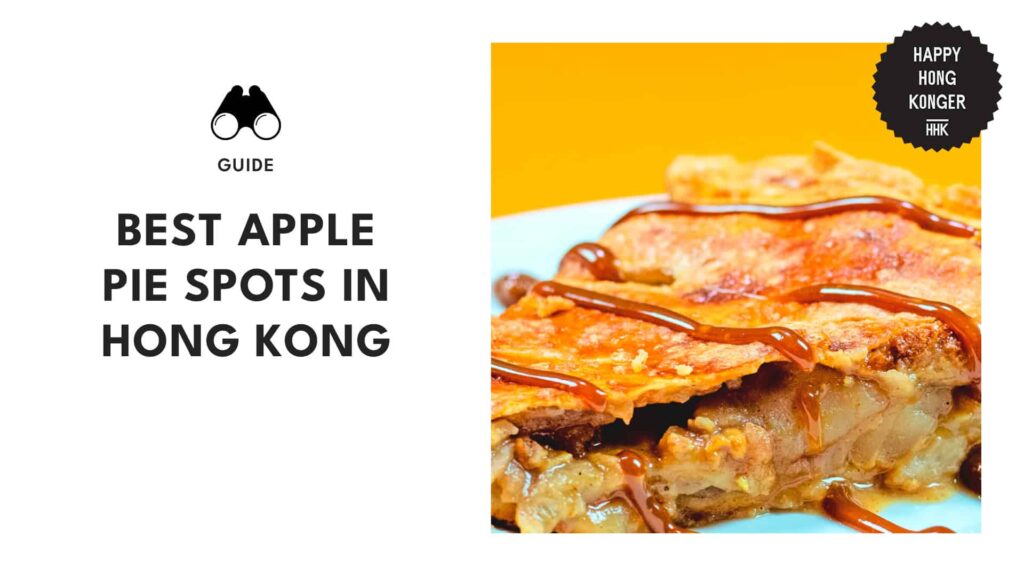Categories > Guides and Tips
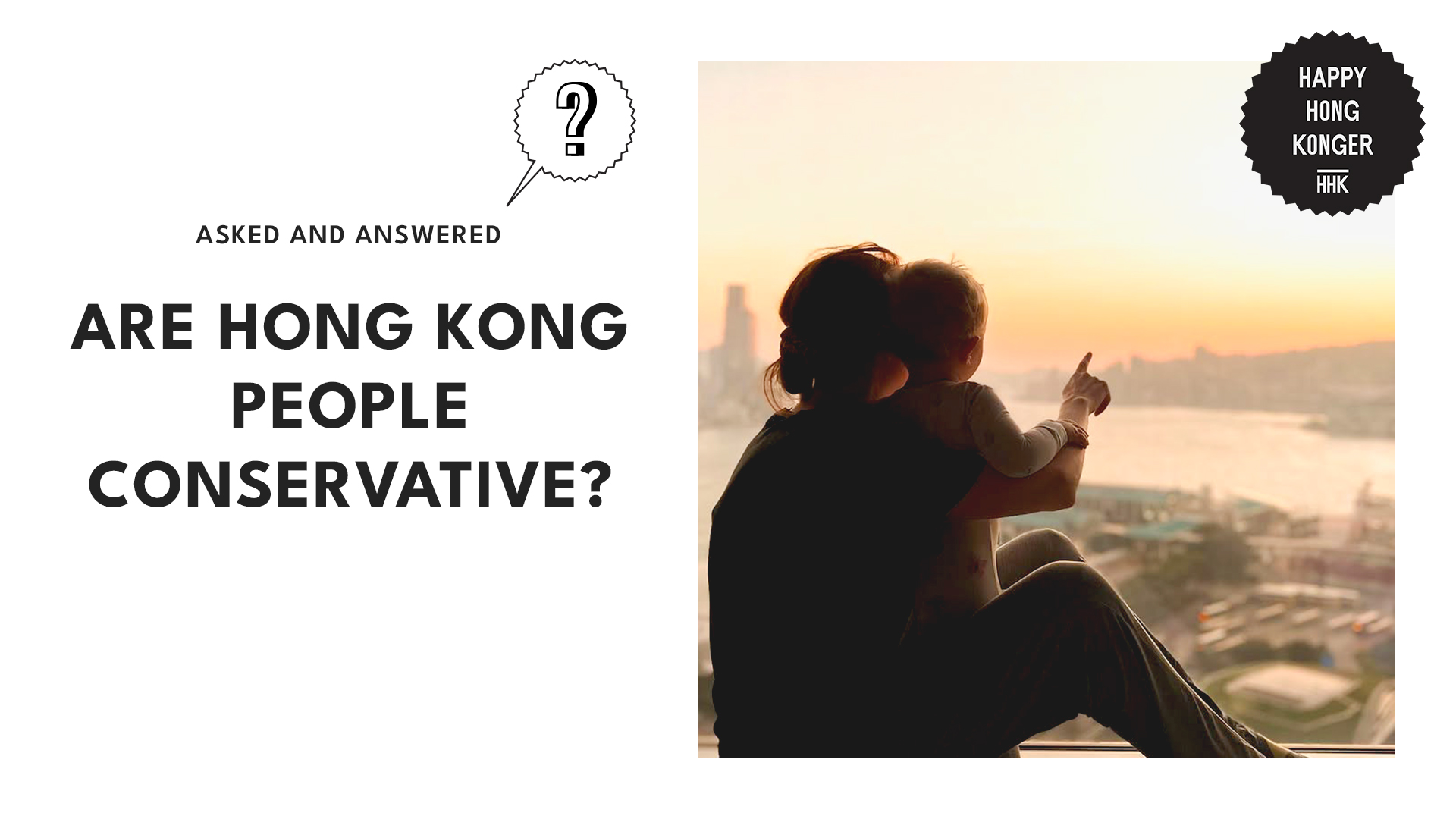
Are Hong Kong people conservative? The answer might surprise you!
We’ve all done it – googling Hong Kong culture, wondering what to expect on our trip and what to keep in mind. In my experience, younger crowds are generally more open and accepting, and even some older folks can be as well.
However, don’t be surprised if you encounter a few people with more traditional values along the way. They might be more reserved and less welcoming towards foreigners, often frowning upon liberal ideas.
Like most Asian countries, people often wonder if Hong Kong is a traditionally conservative destination. This interest stems from its ties to Mainland Chinese culture and influences from the British colonial period.
If you’re also curious about this, then we have all the answers you need here.
Are Hong Kong people conservative?
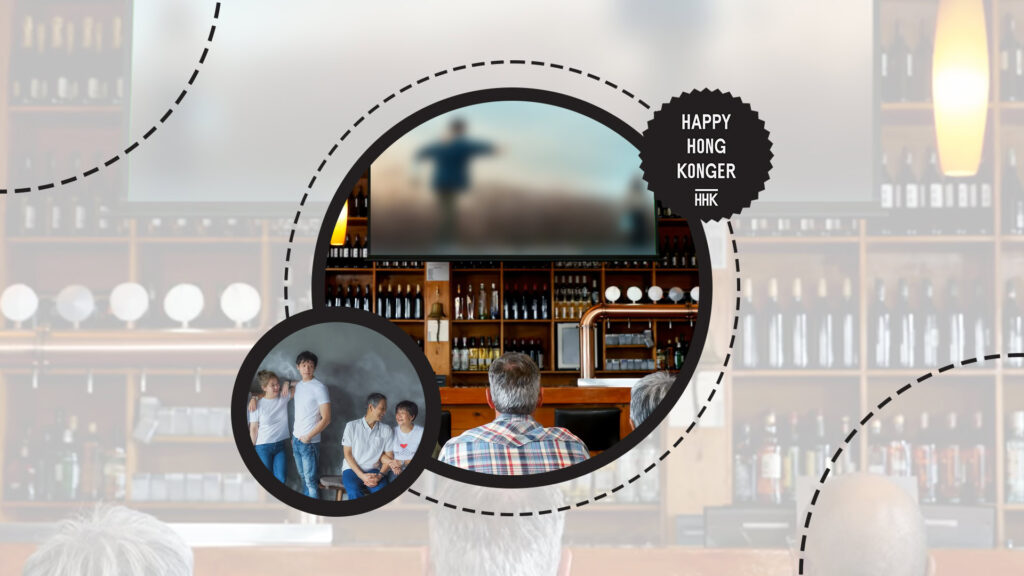
Most Hong Kong people are conservative, but it’s the older folks who tend to hold tight to traditional values. Meanwhile, the younger crowd is all about exploring new ideas and experiences.
This is because Chinese influences and Confucious teachings emphasize the idea of respect or veneration towards the elders. So, elderly Hong Kongers tend to expect the younger generation to show them respect, from the home to various walks of life.
Most younger folks in Hong Kong are accepting and don’t generally expect to be regarded highly by foreigners or someone who is younger than them. The younger generation tend to be more open-minded too in values, self-expresssion, and interacting with foreigners.
Factors That Contribute to Hong Kong’s Conservatism
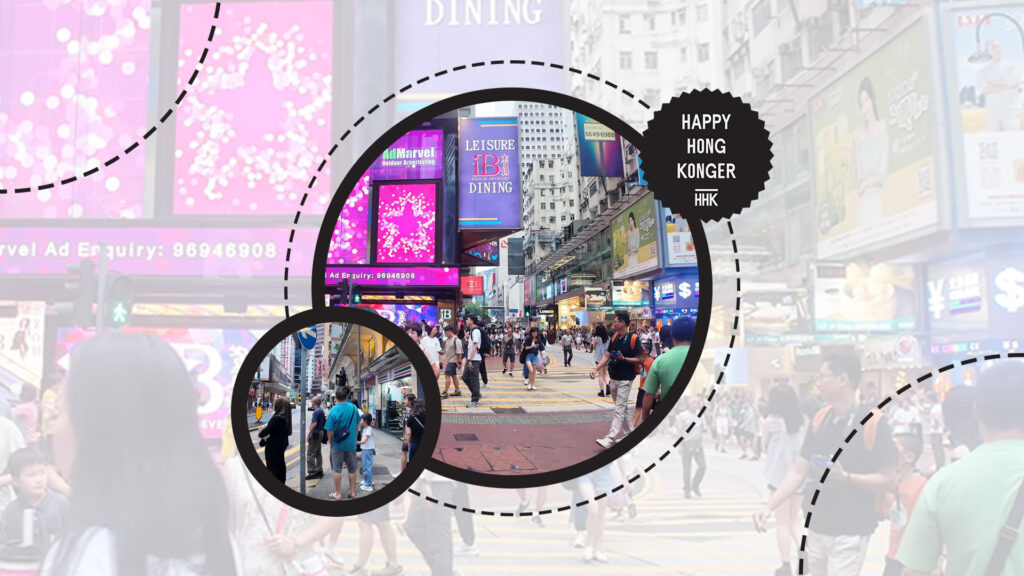
Hong Kong’s culture is shaped by deep-rooted traditions and historical influences. While younger generations may embrace modern ideas, the city’s conservative values rooted in Confucian teachings and its colonial past still hold influence.
1. Confucian Foundations
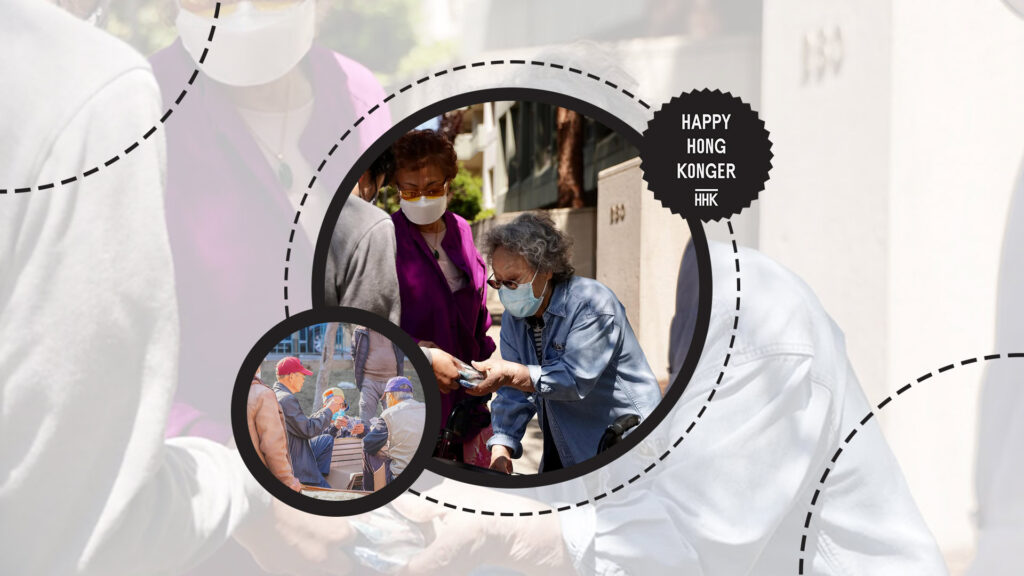
At the core of Hong Kong’s cultural identity lie the teachings of Confucius. This emphasizes values such as “family solidarity,” “courtesy,” and “saving face.”
As a result, these principles significantly influence the everyday lives of Hong Kong residents. This is why, despite the younger generation’s openness to new ideas, family teachings remain a top priority.
Family ties are profoundly valued, and maintaining harmony in relationships is essential in Hong Kong. Additionally, respect for elders and strong family connections are paramount, shaping the community’s interactions and decision-making.
2. Colonial Legacy
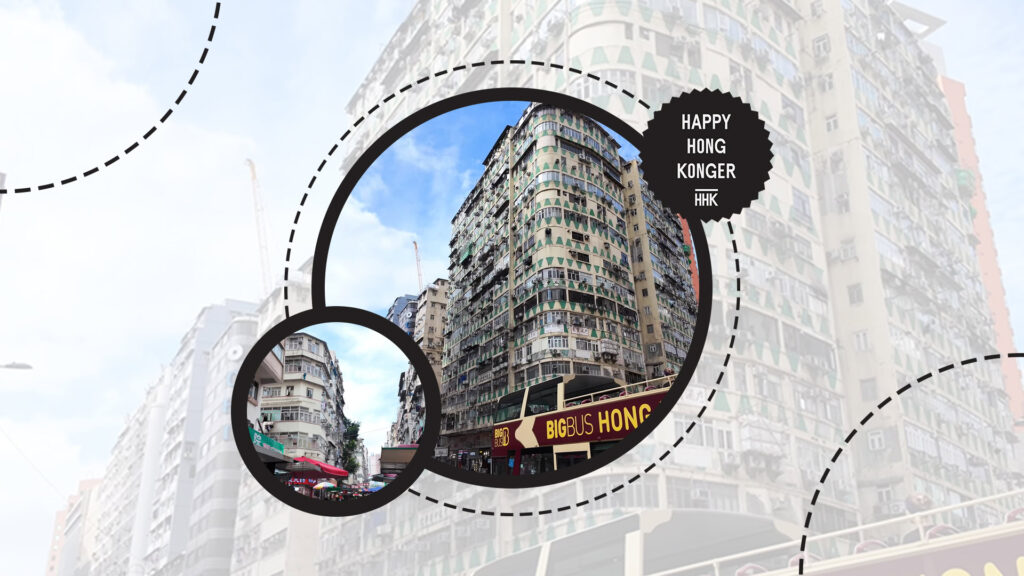
The story of conservatism in Hong Kong is further enriched by its colonial history. During British rule, a partnership emerged between colonial authorities and local Chinese elites that allowed for the preservation of traditional cultural values.
While progressive movements in mainland China like the May Fourth Movement of 1919 sought to challenge established norms, Hong Kong maintained a conservative stance.
The colonial government supported the gentry’s influence, ensuring that conservative values remained integral to society.
3. Legislative Influences
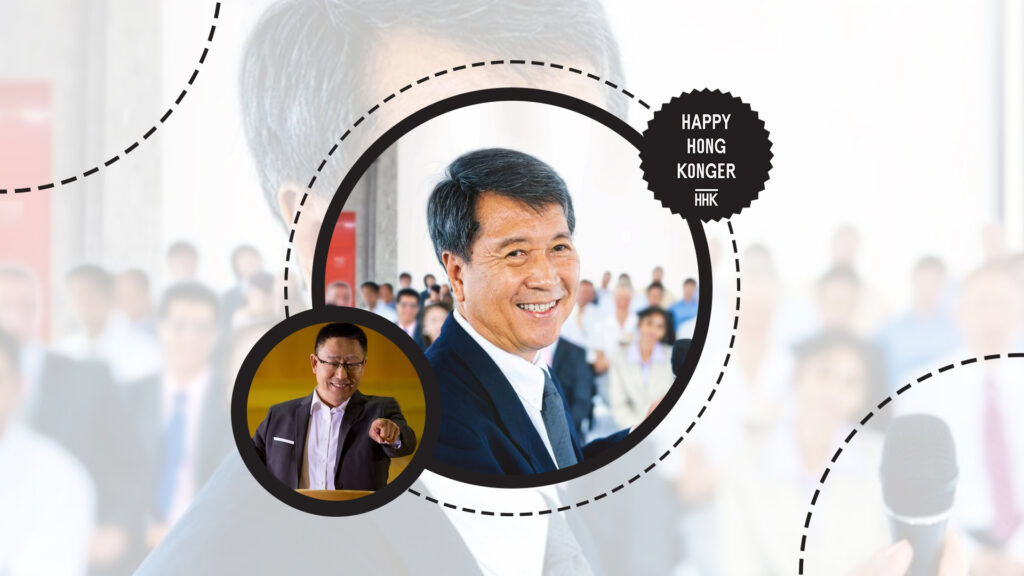
The legal framework in Hong Kong also reflects its conservative tendencies. The Hong Kong Matrimonial Ordinance, enacted in 1972, established a clear stance on relationships by banning concubinage and same-sex marriages while promoting heterosexual partnerships.
How Cultures Blend
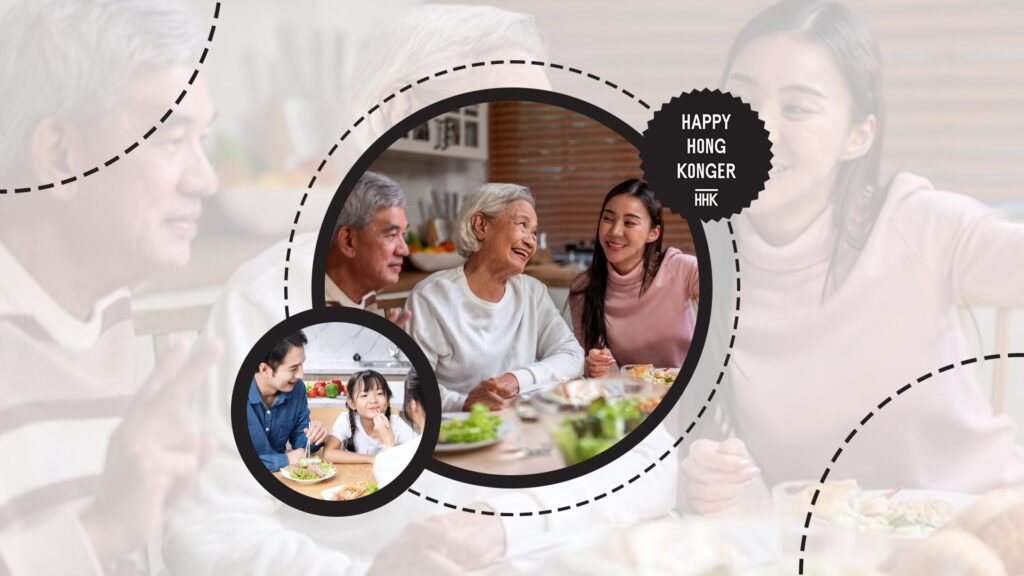
While Hong Kong is mainly conservative, it’s also important to recognize its increasingly diversified culture.
Hong Kong’s cultural landscape is a combination of its Cantonese roots and British colonial heritage, further enhanced by influences from indigenous groups and ethnic minorities from South and Southeast Asia.
After the 1997 transfer of sovereignty to the People’s Republic of China, Hong Kong developed a distinctive identity under the “One Country, Two Systems” framework.
This arrangement preserved traditional values while embracing global influences, resulting in a multicultural society.
Contemporary Dynamics
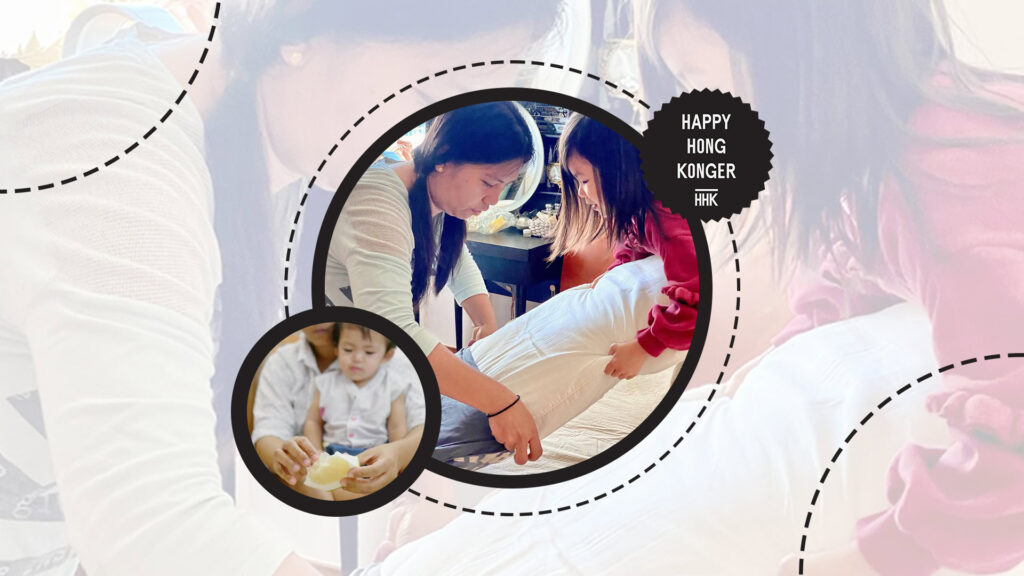
As an international financial hub, Hong Kong sees an increasing need for dual-income households, transforming traditional family dynamics. With a high cost of living, many families find it essential for both parents to work to maintain financial stability.
This shift has led to a growing reliance on foreign domestic helpers, who have become integral to many households since the late 1980s. Originating from countries like the Philippines and Indonesia, these helpers enrich Hong Kong’s multicultural environment.
